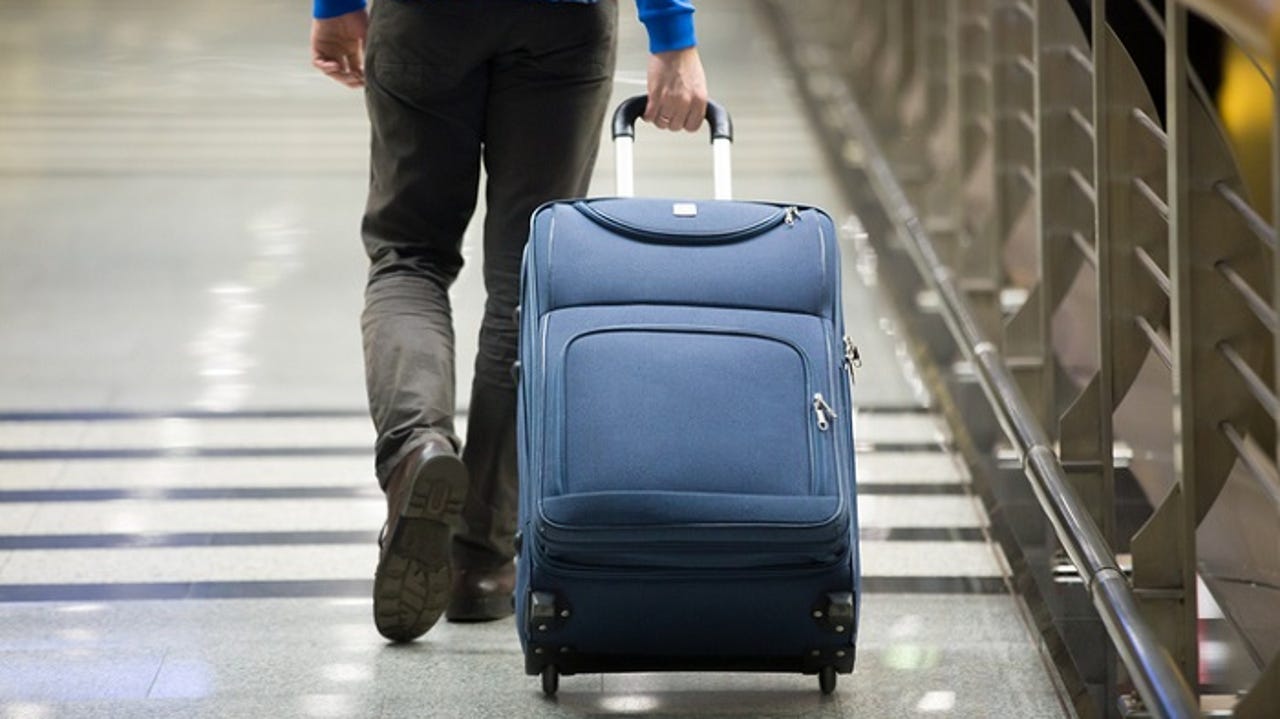'ZDNET Recommends': What exactly does it mean?
ZDNET's recommendations are based on many hours of testing, research, and comparison shopping. We gather data from the best available sources, including vendor and retailer listings as well as other relevant and independent reviews sites. And we pore over customer reviews to find out what matters to real people who already own and use the products and services we’re assessing.
When you click through from our site to a retailer and buy a product or service, we may earn affiliate commissions. This helps support our work, but does not affect what we cover or how, and it does not affect the price you pay. Neither ZDNET nor the author are compensated for these independent reviews. Indeed, we follow strict guidelines that ensure our editorial content is never influenced by advertisers.
ZDNET's editorial team writes on behalf of you, our reader. Our goal is to deliver the most accurate information and the most knowledgeable advice possible in order to help you make smarter buying decisions on tech gear and a wide array of products and services. Our editors thoroughly review and fact-check every article to ensure that our content meets the highest standards. If we have made an error or published misleading information, we will correct or clarify the article. If you see inaccuracies in our content, please report the mistake via this form.
Flying with a smart suitcase: Every major airline's travel policy


Peak travel season is upon us, which means everyone must fulfill their tasks of packing enough clothes to wear, ensuring that all the essential tech gadgets are accompanied by the right charger, and praying that everything comes together in luggage that's just shy of the weight limit.
Perhaps that luggage comes in the form of a smart suitcase, one that strives to make the travel experience easier with high-tech capabilities like built-in wireless chargers, electronic locks, and even GPS tracking.
Also: Flying soon? This is a must-have iOS app for air travel
But despite how convenient and practical smart luggage can be, airlines have become more strict about what pieces of travel gear are allowed and not allowed. This guide explains what counts as a smart suitcase and what every major airline's policy is when you're traveling with one.
What is a smart suitcase?
Usually a hard-shelled bag, smart suitcases have built-in electronic capabilities that often include USB charging ports, smart locks, GPS tracking capabilities, Wi-Fi and hotspot connectivity, and even scales. The exact features vary from bag to bag, but they all have the goal of making traveling -- especially if you're a tech-heavy user -- easy. Smart suitcases come in both carry-on and checked luggage sizes.
Are smart suitcases allowed on planes?
This depends on whether or not you can remove the battery from the smart luggage. Since 2013, the Federal Aviation Administration (FAA) prohibits spare lithium batteries in checked luggage from being stored in an aircraft's cargo unit. That means that most smart suitcases, which are powered by lithium-ion batteries, are deemed fire hazards and not allowed.
However, most airlines only apply restrictions to checked luggage with non-removable lithium batteries. If you can remove the lithium battery from the bag or just have a carry-on smart bag, you shouldn't have problems flying with it.
And now, here's a list of the five most popular airlines and their respective travel policies that you should know before traveling:
Can I travel with smart luggage on American Airlines?
The first to put restrictions on smart luggage, American Airlines and its affiliate American Eagle regional airlines still require that "If you are traveling with a smart bag, the battery must be removable in the event the bag needs to be checked."
Can I travel with smart luggage on Southwest Airlines?
Effective as of Jan. 15, 2018, Southwest Airlines states that "If the smart bag is in the cabin of the aircraft, the removable battery is to remain installed." In other words, you can bring along any smart luggage, as long as it has a removable battery. But Southwest makes it clear that if the bag is to be checked at any time, including if you have to check your carry-on at the gate, the customer must remove the battery first before boarding.
Can I travel with smart luggage on United Airlines?
United Airlines only allows smart bags that have removable lithium batteries. The airline also asks that you take out the battery before checking the bag.
Can I travel with smart luggage on Delta Airlines?
Also effective as of Jan. 15, 2018, Delta only lets you check and carry on smart bags with removable lithium batteries. Its guidelines also note that smart bags with a motor -- as cool as they are for drifting through airports -- are prohibited.
Can I travel with smart luggage on JetBlue?
You can fly with smart luggage on JetBlue as long as the lithium battery is removed from the bag and is safely stored in the cabin.
FAQ
Why buy smart luggage?
Smart luggage has built-in technology like smart locks, GPS tracking, and even personal hotspots that can make packing and traveling easier.
Why did airlines ban smart luggage?
Airlines didn't completely ban all smart luggage. For the safety of passengers, most airlines just require any smart luggage to have removable lithium-ion batteries.
Are suitcases with chargers allowed on planes?
Suitcases with chargers are allowed on planes as long as the battery is removable. For example, if your luggage comes with an external battery bank, you'll want to eject it before turning the baggage in.